When the land is cultivated entirely by the spade and no horses are kept, a cow is kept for every three acres of land
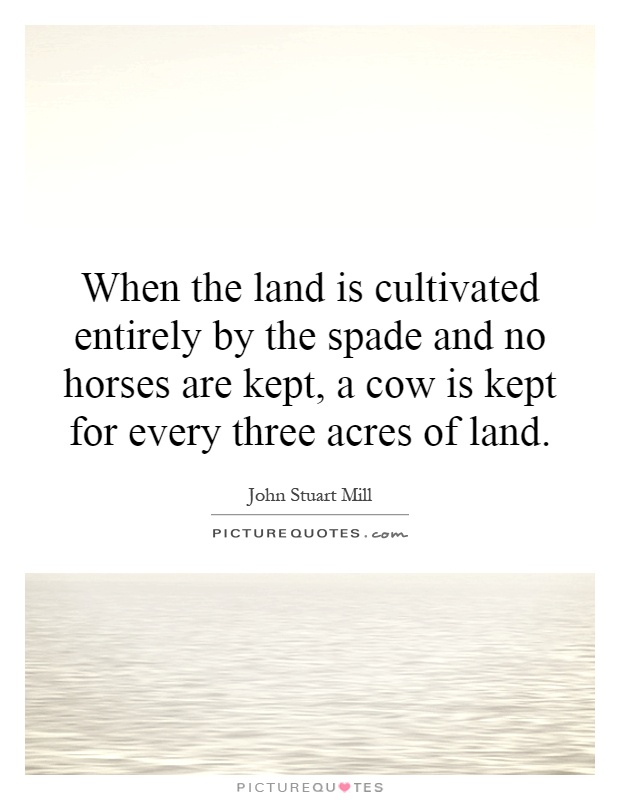
When the land is cultivated entirely by the spade and no horses are kept, a cow is kept for every three acres of land
John Stuart Mill, a prominent 19th-century philosopher and economist, was a strong advocate for sustainable agriculture and the responsible stewardship of land. In his writings, Mill often emphasized the importance of balancing human needs with environmental preservation, and he believed that the cultivation of land should be done in a way that is both efficient and environmentally friendly.The statement, "When the land is cultivated entirely by the spade and no horses are kept, a cow is kept for every three acres of land," reflects Mill's belief in the importance of integrating livestock into agricultural practices. In this context, the cow serves as a valuable asset to the farmer, providing both milk and manure for fertilizing the soil. By keeping a cow for every three acres of land, the farmer can ensure that the soil remains fertile and productive, while also reducing the need for chemical fertilizers and other harmful agricultural practices.
Mill's emphasis on sustainable agriculture is rooted in his broader philosophy of utilitarianism, which holds that the greatest good for the greatest number should be the guiding principle of ethical decision-making. In the case of agriculture, this means that farmers should strive to maximize the productivity of their land while also minimizing their impact on the environment. By keeping a cow for every three acres of land, farmers can achieve this balance, ensuring that their agricultural practices are both efficient and sustainable in the long term.
Furthermore, Mill's advocacy for sustainable agriculture is also tied to his concern for social justice and the well-being of future generations. By promoting environmentally friendly farming practices, Mill believed that society could ensure a stable and secure food supply for all its members, while also preserving the natural resources that are essential for human survival. In this way, the statement about keeping a cow for every three acres of land can be seen as a reflection of Mill's broader commitment to creating a more just and sustainable society for all.
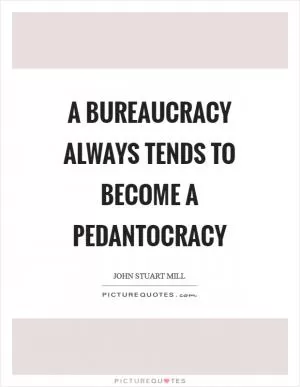






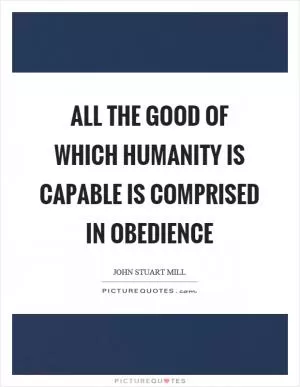
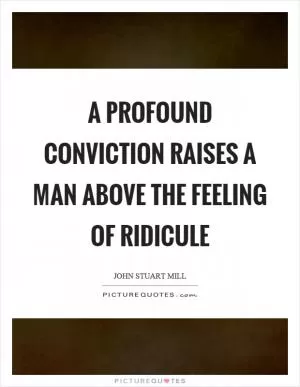


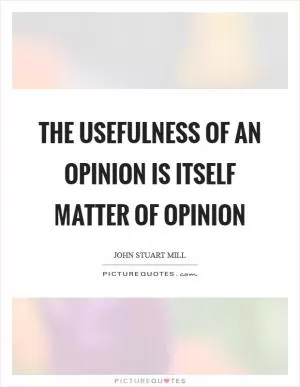
 Friendship Quotes
Friendship Quotes Love Quotes
Love Quotes Life Quotes
Life Quotes Funny Quotes
Funny Quotes Motivational Quotes
Motivational Quotes Inspirational Quotes
Inspirational Quotes